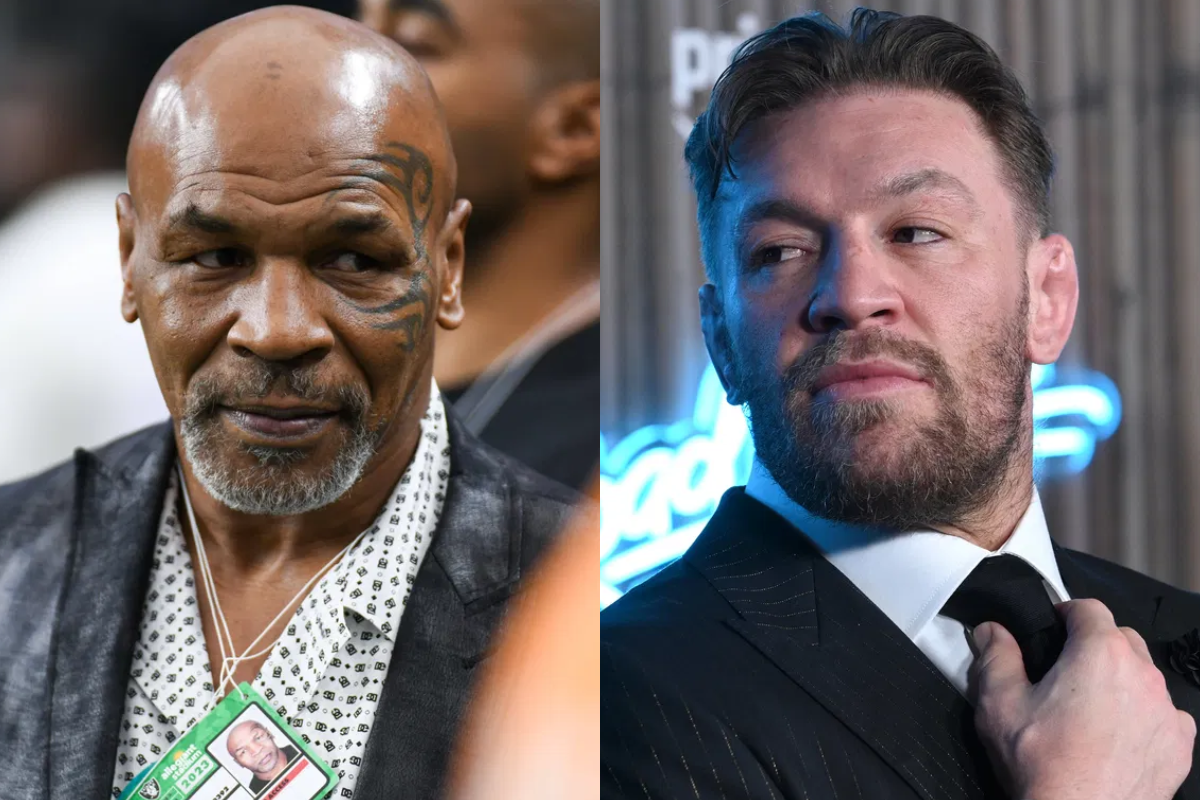T4K3.news
UFC fighter Moicano rejects antitrust settlement payout
Renato Moicano opts out of the UFC's $375 million settlement, drawing criticism.

Matt Brown criticized Renato Moicano's decision to reject money from the UFC antitrust settlement, highlighting deeper issues in the sport.
Matt Brown calls out Renato Moicano's questionable loyalty to UFC
Renato Moicano, a lightweight fighter, recently stirred controversy by rejecting funds from a $375 million UFC antitrust lawsuit settlement. This settlement affects fighters from 2010 to 2017, offering compensation to those who competed during that time. While the majority of fighters are opting to accept their payouts, Moicano’s refusal has drawn sharp criticism from UFC veteran Matt Brown. Brown, who is among those due for payment, questions the authenticity of Moicano's claim, suggesting that it reflects a larger problem in the UFC's culture regarding loyalty. He argues that the organization's priorities have shifted dramatically since being acquired by Endeavor for over $4 billion, turning it more corporate and business-driven. Brown believes that the fighters are unfairly competing for Dana White's recognition rather than negotiating from a position of strength, a structure he sees as morally problematic.
Key Takeaways
"I doubt that Moicano's one of them to be honest."
Brown questions Moicano's claim of rejecting the payout, suggesting it's unlikely.
"What this sport has become, the way the UFC has built it is not proper."
Brown critiques the UFC's treatment of fighters and business practices.
"The promoters should be competing for the fighters."
Brown argues that the UFC's structure flips the expected dynamics of fighter promotion.
"Moicano wants Dana's love and acknowledgment more than the money."
Brown explains the misplaced priorities many fighters face within the UFC system.
Brown’s critique of Moicano highlights the underlying issues within the UFC's business model. By positioning fighters in a rivalry for Dana White's favor, the UFC stifles collective bargaining power, which is standard in other sports leagues. This dynamic traps athletes in a cycle where loyalty is valued over financial security. The rejection of settlement funds is not just a personal choice but a statement that resonates with many fighters who feel sidelined in their quest for recognition. As the sport becomes increasingly commercialized, questions arise about the future of fighter advocacy.
Highlights
- Fighting for recognition shouldn't come before financial security.
- The UFC is no longer a family; it's a corporation driven by profit.
- Moicano opting for loyalty over payout says a lot about fighter priorities.
- Brown highlights a troubling shift in how fighters view their worth.
Concerns about fighter loyalty and financial security
The dynamics within the UFC raise questions about how fighters prioritize recognition over financial compensation, leading to potential exploitation.
The future for UFC fighters appears uncertain as the structure continues to challenge their autonomy.
Enjoyed this? Let your friends know!
Related News

Dillon Danis embarrassed by rejection from Lana Rhoades

Dana White rejects Jon Jones' plans for White House UFC fight

New UFC trivia game starts today

Dana White announces new UFC ranking system with Meta

Firing of top antitrust officials signals turmoil

Sean Strickland suspended from competition due to fight incident

Francisco Prado readies for crucial fight at UFC 318

UFC returns to old gloves after logo issues
